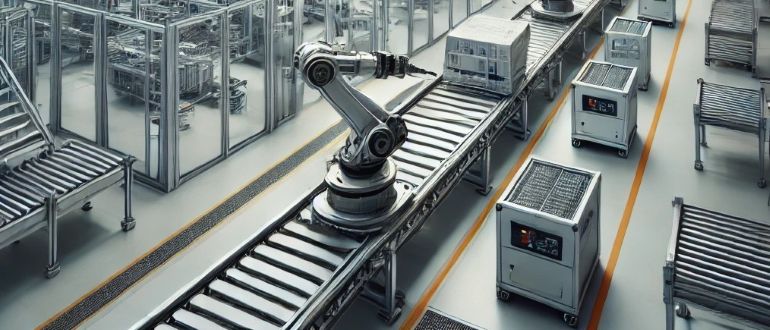
In what has become a recurring photo-op at the White House, President Donald Trump and high-tech executives on Monday announced a massive manufacturing investment on U.S. soil.
This time, TSMC made a $100 billion commitment to expand its American operations with several new factories, including three chipmaking fabrication plants, expected to create tens of thousands of jobs. TSMC will also build two advanced packaging facilities, where smaller chips are assembled into more powerful systems, and a research and development center.
“This is a tremendous move by the most powerful company in the world. It’s a matter of economic security, it’s also a matter of national security for us,” Trump said of the accord. With the additions, TSMC’s U.S. investments are about $165 billion, Trump claimed.
The world’s largest semiconductor manufacturer, which is based in Taiwan, produces chips that power everything from Apple Inc.’s iPhones to artificial intelligence (AI) systems for cars and medical devices.
“We’re going to produce many chips to support AI progress and to support smartphones progress,” TSMC CEO C.C. Wei said at the event, also attended by AI czar David Sacks and Treasury Secretary Howard Lutnick.
“TSMC’s new fabs will be the foundational pillar of a new technology supply chain centered in the United States,” an NVIDIA Corp. spokesperson said in a statement after the announcement. NVIDIA “will fully utilize TSMC’s global manufacturing network to enhance our supply agility and resilience,” the spokesman said.
The expansion project comes amid a push by President Trump and the U.S. in general to gain more traction in the worldwide chipmaking industry as it jousts with China for dominance in the AI race and Trump enacts tariffs against China, Mexico and Canada.
A conga line of tech companies have vowed to pump billions of dollars into facilities in recent weeks. Last week, Apple said it would outlay a staggering $500 billion on manufacturing facilities and assorted projects domestically over the next four years while adding 20,000 jobs. Some of the plans apparently were already underway, as well as motivated by attempts to avoid new tariffs on goods imported from China.
Another mega-project, Stargate, is a $500 billion commitment from OpenAI, Oracle Corp. and SoftBank to invest in massive data centers to supply the energy necessary to handle AI demand. It was unveiled shortly after Trump took office.
Still, the enormity and grandiose nature of the years-long endeavors have been met with skepticism — whether over financing, construction timelines or rebranding of existing plans.
Under the CHIPS and Science Act of 2022, TSMC said it would erect two new plans in Arizona and boost its investment there to $65 billion, but at least one of the new facilities has faced delays. Intel Corp., another benefactor of the CHIPS Act, revealed last week that it had pushed back construction of a Ohio facility at least five years.
Then there is Foxconn, the ultimate cautionary tale on ambitious manufacturing plans. In 2017, then-President Trump and the company announced a much-ballyhooed $10 billion electronics factory in Wisconsin with the goal of adding 13,000 jobs. The plan was eventually dropped; by 2021, Foxconn said it would invest $672 million in a revised deal that would create fewer than 1,500 jobs.
